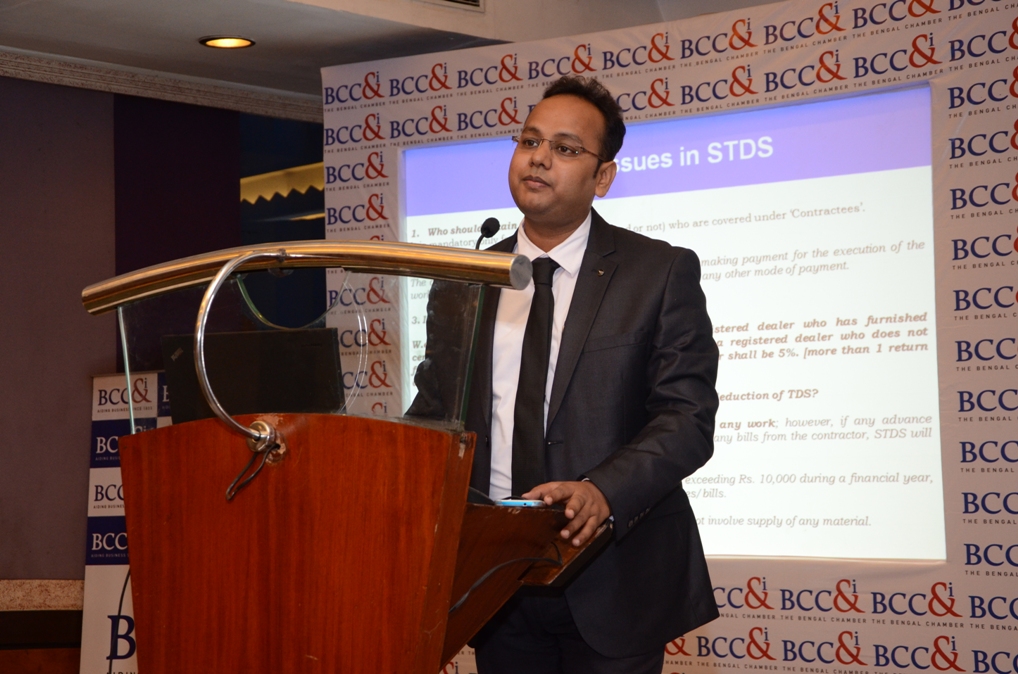The intention behind introduction of provisions of section 40A(3) of the Act was two- fold –
1. Firstly, putting a check on trading transactions with a mind to evade the liability to tax on income earned out of such transaction and
2. Secondly, to inculcate the banking habits amongst the business community.
The provision was directly related to curb the evasion of tax and inculcating the banking habits. The consequence, which were to befall on account of non- observation of section 40A(3) must have nexus to the failure of such object. Provisions of Section 40A(3) are thus not absolute. The genuineness of the transaction, it being free from vice of any device of evasion of tax is a relevant consideration to protect the assessee from the vigours of this section.
The payment by crossed cheque or crossed bank draft is insisted to enable assessing authority to ascertain whether the payment was genuine or whether it was out of the income from disclosed sources. Thus, the genuine and bona fide transactions, where the identity of the payee is established, are taken out of the sweep of the section. Incase, the payee insists for payments in cash, the identity of the payee is not in doubt and AO does not disputed the genuineness of the transaction, then the same may not be subject to the vigours of Section 40A(3).
The Department may require the assessee to prove the commercial expediency for making payments in cash. This test of commercial expediency should be judged from the view point of the businessman and not from the view point of the revenue. The expression “commercial expediency” has been explained by their Lordships of the Hon’ble Apex court in the case of S.A. Builders Ltd. v. CIT (Appeals) in which it was held that the expression “commercial expediency” is an expression of wide import and includes such expenditure as a prudent businessman incurs for the purpose of business.
The Hon’ble apex court in the case of Attar Singh Gurmukh Singh v. ITO while considering the constitutional validity of Section 40A(3) has also explained the reasons behind introduction of this provision. Various High Courts in the following cases have also taken the view that where the payment is genuine, there cannot be denial of deduction of genuine and bona fide business expenditure merely because the assessee could not make the payment as provided in Section 40A(3):
(a) CIT v. Rhydburg Pharmaceuticals Ltd. ;
(b) Girdharilal Goenka v. CIT ;
(c) CIT v. Chaudhary and Co. ;
(d) Shri Mahabir Industries v. CIT ;
(e) CIT v. Chrome Leather Co. P. Ltd. ;
(f) CIT v. Mrinalini V. Sarabhai ; and
(g) Walford Transport (Eastern India) Ltd. v. CIT .
As per article 265 of the Constitution of India, no tax shall be levied or collected except by authority of law. Such dictum of the Constitution would necessarily exclude any interpretation of the statute that would result in denial of deduction of genuine business expenditure and consequent undue enrichment of the exchequer. In the case of K.P. Varghese v. ITO, The Hon’ble Apex Court held that the onus of establishing that the conditions of taxability are fulfilled is always on the Revenue and the statutory provisions must be construed so that absurdity and mischief may be avoided.
Hence incase cash payments are made to directors, it may be considered as a genuine and bona fide transaction as the director to whom the payment was made is clearly identifiable. The same was held in the case of SHREENATH COMMERCIAL & FINANCIAL PVT LTD Vs ITO WARD-4(1)(3), AHMEDABAD [2023-VIL-109-ITAT- AHM]. The same analogy can be applied to payment made to uneducated and unorganized laborer’s, contractors, etc.





